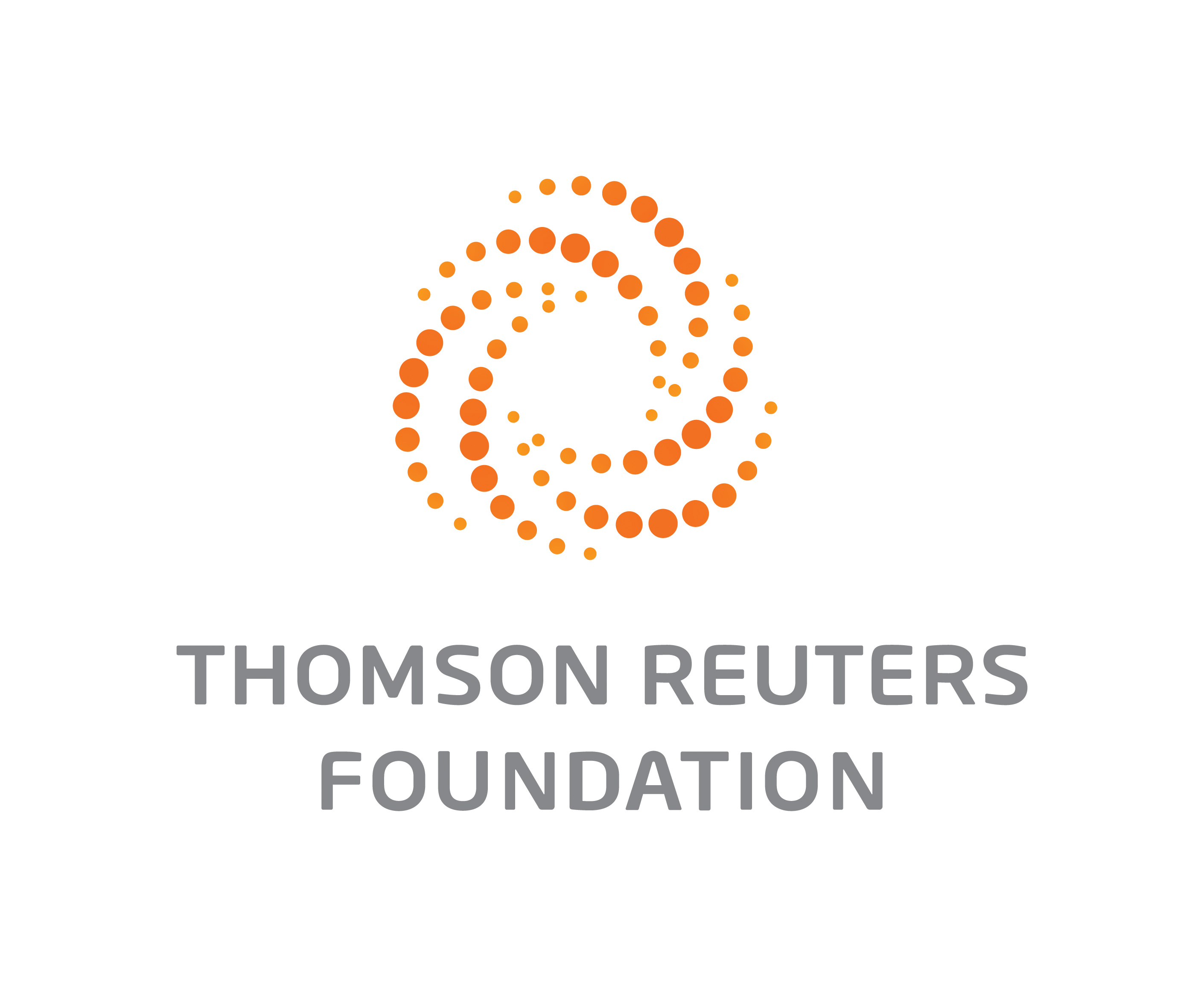This roundtable discussion among pro bono providers and recipients highlighted best practices and lessons learned. Leveraging research conducted by the Thomson Reuters Foundation, the session highlighted several factors that contribute to increased pro bono participation within law firms, including the existence of a pro bono committee, a pro bono policy, and factoring pro bono into compensation. In creating a strong pro bono program, it was advised that firms create standards and expectations around pro bono, learn from other firms’ experiences, and be willing to refer cases to outside firms if the initial firm does not have the capacity or experience to take a particular case. Speakers also encouraged firms to use online tools, like iProbono, to match pro bono capacity with need, and they noted that to support SDG Goal 16 and Agenda 2030, an evaluative framework and criteria would be helpful in determining pro bono’s overall use, effectiveness, and impact. The session also highlighted that the world would not achieve justice for all through pro bono alone. Other methods of providing access to justice, such as the use of paralegals, play an important role in fulfilling the promise of SDG Goal 16.

TrustLaw Brochure

Working Sessions Summaries






